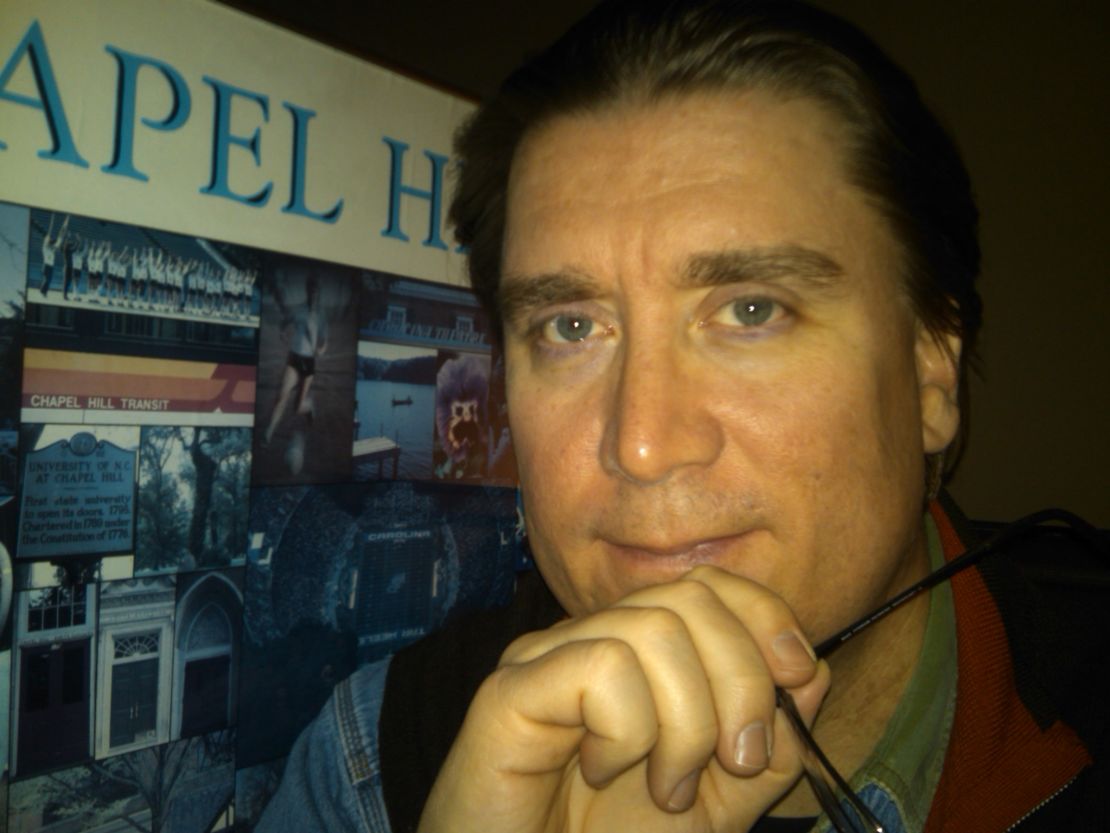Editor’s Note: John Bare is vice president of the Arthur M. Blank Family Foundation and executive-in-residence at Georgia Tech’s Institute for Leadership and Entrepreneurship.
Story highlights
John Bare: Medal of Honor recipients looking to share their view of character and courage
Their foundation is testing educational programs in schools in 38 states, he says
Bare says the medal recipients sacrificed for America and deserve our support
There's real urgency because the number of medal recipients is dwindling, he says
As a young Army officer in Vietnam, Jack Jacobs walked into an ambush that killed dozens of his troops in just a few seconds. He responded by single-handedly fighting off repeated Viet Cong attacks. He overcame his own life-threatening injuries to make several trips through enemy fire to evacuate allied wounded.
He saved 14 lives. His country decorated him with the Medal of Honor.
More than 40 years later, Jacobs, a retired colonel, and his fellow Congressional Medal of Honor recipients are bringing their conspicuous gallantry to the cause of education. They are offering students priceless lessons in character, courage and selfless service.

This time, Jacobs is asking for our help.
In his current mission, Jacobs is raising money to endow the Medal of Honor Character Development Program. The program provides teacher training, video tools and lesson plans for schools to integrate character education into curricula. Medal of Honor recipients speak to students, in person or via teleconference.
It’s embarrassing that Medal of Honor recipients have to ask for support. We should be begging them to do it.
Schools in 38 states are experimenting with the program. Early feedback is positive. Among participating teachers and students, overwhelming numbers say they would recommend the program to others. When asked the most important thing they learned, students report things like sacrifice, honor and courage.
A remark from one student sums up what Jacobs and others are trying to get across, that Medal of Honor character lies within all of us.
“The people are ‘normal’ people,” she said, referring to the Medal of Honor recipients, “so it could be us that become heroes.”
For a rigorous test, the Medal of Honor Foundation needs more secure footing for the program. So the Medal of Honor recipients, defined by history, have chosen to be obsessed with the future.
“We can’t do anything about the past. It’s gone. Maybe we can improve today, but we better move fast. It’s almost gone,” Jacobs said. “Tomorrow is the only thing we can fix.”
Jacobs knows about the past. On March 9, 1968, as a 22-year-old officer in Vietnam, he demonstrated a kind of heroism that only a few Americans know.
His company commander was wounded in the ambush. Jacobs took command and repositioned the troops.
The Medal of Honor citation explains the rest:
“Despite profuse bleeding from head wounds which impaired his vision, Capt. Jacobs, with complete disregard for his safety, returned under intense fire to evacuate a seriously wounded advisor to the safety of a wooded area where he administered lifesaving first aid. He then returned through heavy automatic weapons fire to evacuate the wounded company commander. Capt. Jacobs made repeated trips across the fire-swept open rice paddies evacuating wounded and their weapons. On 3 separate occasions, Capt. Jacobs contacted and drove off Viet Cong squads who were searching for allied wounded and weapons, single-handedly killing 3 and wounding several others. His gallant actions and extraordinary heroism saved the lives of 1 U.S. advisor and 13 allied soldiers.”
When President Nixon presented Jacobs with the Medal of Honor in October 1969, there were close to 400 living recipients.
Vernon McGarity died May 21. The retired sergeant was 91.
James Stone died in November. The retired first lieutenant was 90.
William Charette, retired from the Navy, died in early 2012. He was 79.
And so on.
Jacobs will turn 68 in August. He can do the math.
From the Iraq and Afghanistan wars, there are four living Medal of Honor recipients.
The older ones, older men (one woman received the Medal of Honor, in 1861) from older wars, are facing a shared mortality, decades after many of their individual actions defied mortality.
“We feel the unrelenting press of time,” Jacobs said.
It is fitting that for their last act of service, these Medal of Honor recipients are fighting for the future of America’s’ children, not to memorialize their heroics.
It is up to a private philanthropy, the Congressional Medal of Honor Foundation, to do what the government has not. We need to guarantee a future for the Character Development Program. It is our chance to hold on to the best of our nation.
Jacobs, a foundation board member, believes that a $20 million endowment would secure the Character Development Program’s future – beyond the lives of the 79 living recipients.
The urgency is real. With our collective resources, the price tag is a bargain.
When I asked Jacobs to tell me about that day on the Mekong River back in March 1968, he demonstrated the kind of selflessness that distinguishes Medal of Honor recipients.
“You can look it up,” he said, preferring to speak about the service of others, not his own experience.
He shared the incredible story of another Medal of Honor recipient, Tibor Rubin, an Army corporal whose experience in a Chinese prison camp from 1950-53 carries unmatched lessons in character, courage and selfless service.
You can look it up.
Follow @CNNOpinion on Twitter.
Join us at Facebook/CNNOpinion.
The opinions expressed in this commentary are solely those of John Bare.
